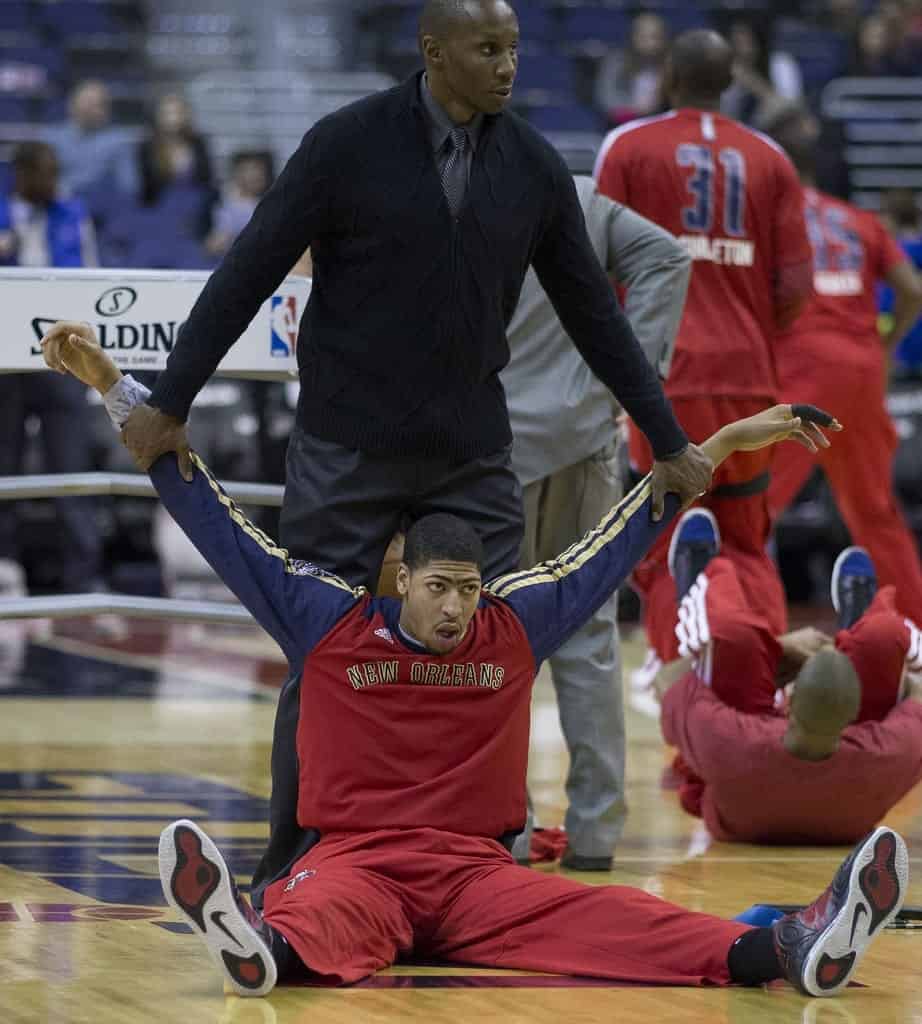
No promises for tuition freeze
Dr. Jeff Keshen is the new President and Vice-Chancellor of the University of Regina. He officially stepped into the role on July 1, 2021. Keshen was formerly the Vice-President of the Grenfell campus of Memorial University in Newfoundland, and has a Ph.D. from York University where he concentrated on the history of war and conflict. Memorial University is highly rated by students in several categories, according to the National Survey of Student Engagement (NSSE).
In an interview with the Carillon via phone call, Keshen discussed tuition, Indigenization, hobbies, and more.
Back in 2019, tuition was raised for the eleventh year in a row; roughly a 36 per cent rise in tuition since 2008. Are you planning on raising tuition while you’re president?
Honestly, I do feel for the students here. I know the tuition has been going up. It was an issue also out in Memorial. I get it, I mean both our children are going to be attending this year in fall. It’s a big whack load of money. I can’t promise it.
I understand the budgets, but I want students to know that I am aware of the financial burden that’s there. I do not want to make a promise at this stage, but I know that families suffered out of the pandemic, I know that students are continuing to suffer. I’m going to need some time on this.
Memorial University just announced that they are doubling tuition for domestic students from $2,550 to $6,000 a year. As a school that once had one of the lowest tuitions in Canada and one you were the Vice-President of, what is your take on the recent raise?
There’s a lot of people who live out in the Northern Peninsula, Grand Falls, by Social House. There’s a lot of poverty out there as well, so that’s a hit.
The budget is strained to the hilt. The [Memorial University is the] second largest claim on government revenue debt servicing (right below healthcare). The government called in someone who did a report on economic recovery, it recommends massive privatizing, it says that the university should be cut significantly on government funding.
I think we need to dig in and make sure education is accessible and affordable for students.
How do you plan on improving Indigenization at the U of R?
I was just on a call that involved the First Nations President and we were talking about reconciliation day. I said that I don’t feel comfortable as a white male making decisions on truth and reconciliation. The whole point of it is that we listen and take our lead from Indigenous people; then, respectfully and hopefully engage that process.
Generally, the curriculum needs to “additionalize.” You need to use more speakers and more elders.
If we humble ourselves, we will be more successful. We need to take a step back and follow. I want them to tell me what needs to be done.
What are the university’s plans for distance education going forward and will there be permanent distance education options?
Absolutely, I think we’re gonna have to see going forward after providing infrastructure to do it. We’re gonna have to provide support for professors who ensure that the online courses that they’re developing are quality.
It also provides an interesting option for international students who might want to start a degree in their home country and then come here for a period of time, and that can be a lot more accessible.
Your Ph.D. focus was on war and society, could you expand on what in specific you researched?
My first area was propaganda and censorship and its impact on civil liberties and the lessons on that second major area that I ended up publishing on, which was better, to be quite frank with you. The second major area that I studied was family on the front lines. That dealt with the home front, and the experiences of children, women, and veterans.
How important are the university’s environmental goals going forward as President?
I think on a number of fronts, they’re very important. One of the goals coming forward from the chair will be to create an Office of Sustainability. I think that we really need to support our researchers and highlight researchers who are working in the resource sector for more sustainable options going forward.
What changes do you want to make at the U of R?
I’m always honest about that and I do not think I have a complete understanding after only being here for a week. I’m not sure what the gaps are yet, so I need to really dig in and find where the gaps are.
A lot of students and faculty don’t know you that well yet, so what kind of hobbies do you have?
I like jogging kind of slow, so if people see me out in Harbour Landing they can take pity on me. I work, so I don’t have a lot of hobbies. If I unwind at the end of the day, I’ll turn on Netflix.
Favourite movie and album?
They span from classics like, On the Waterfront, Batman, and Mission Impossible. I like a lot of bluegrass like Bo Diddley.
This article has been edited for length and clarity.








